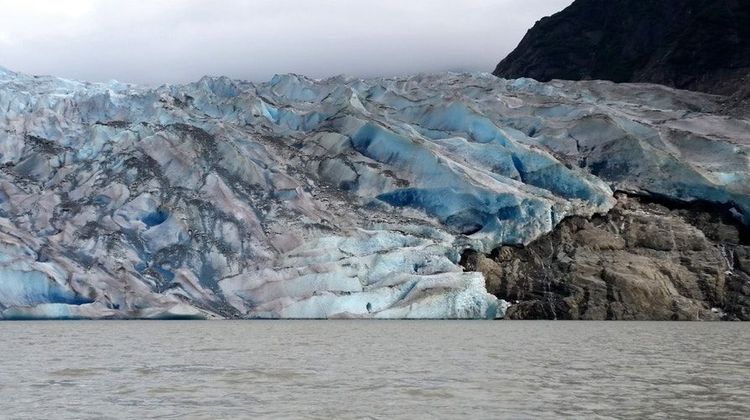Climate Resilient Water Safety Planning to Improve Water Supply and Public Health
Climate change is altering the hydrological cycle and hence, changing the timing and intensity of rainfall, directly affecting the quantity and quality of water resources for different users.
